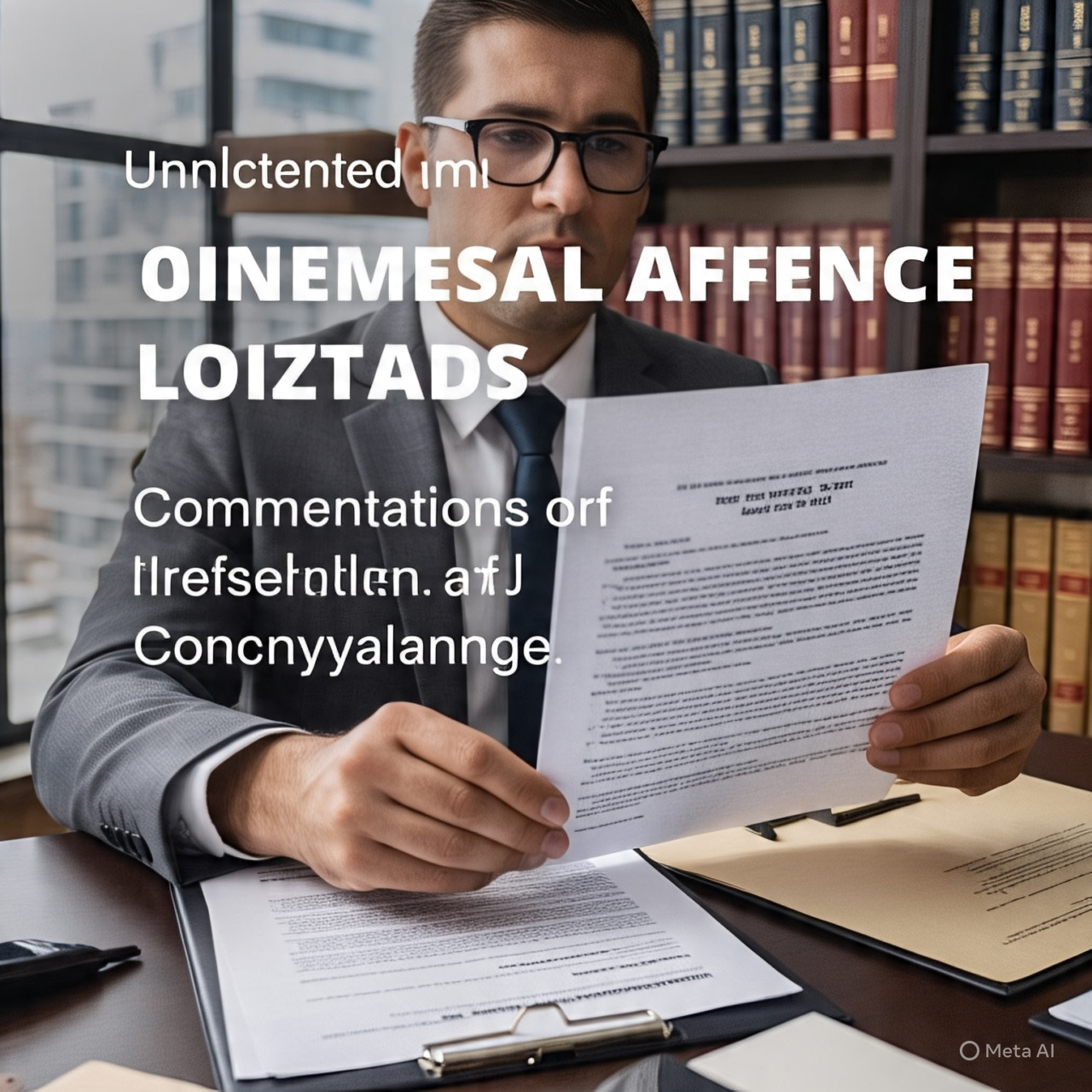What is the first thought you catch when you learn about residential and commercial conveyancing in Reservoir? Do you often consider them the same, thinking that the only difference between them is the nature of property you are transferring?
If that sounds like your own thinking, you must know that it is a complete myth. While the majority of processes in conveyancing is essentially the same for both, there are few differences that make residential and commercial conveyancing unique to your situation.
This blog will help you to learn key differences, whether it is in terms of complexity, timelines, or other factors that separates commercial with residential conveyancing. Our purpose is to help you set the right expectations whether you choose to sell, buy, or transfer a house or a retail shop.
1. Nature and Purpose of the Property
Residential Conveyancing:
The reason behind conveyancing a residential property is generally to sell or purchase a house, apartment, or villa. Also, you can invest in vacant land through a professional legal conveyancer. The purpose is to increase your net worth or to improve living standards. This process of conveyancing is primarily meaningful for legal purposes so that no parties involved in the property transfer have to face any legal obligations.
Commercial Conveyancing:
Commercial conveyancing in Reservoir usually involves selling, buying, or investing in office buildings, retail spaces, industrial properties, and mixed-use developments. Unlike residential conveyancing, this type of conveyancing involves business owners, investors, and developers. The primary use is for generating income, business operations, or investment purposes.
Understanding the specific purpose before conveyancing helps you to hire specialised conveyancers who can make specific types of contracts and perform required evaluation as per the property in use.
2. Complexity of Transactions
Residential Conveyancing:
It is generally a more straightforward process as only a buyer, seller, real estate agent, and a conveyancer is coming into the contract. Plus, the conveyancer has to perform basic property inspections, title searches, and restrictions on the property.
Commercial Conveyancing:
The complexity level of commercial conveyancing in Reservoir is a bit high as it combines landlords, tenants, business partners and financiers. Managing a particular timeframe that meets every party’s circumstances is the key to handling commercial property transfer.
Moreover, commercial conveyancer have to make detailed property inspections, consider environmental assessments, take zoning and planning permissions, look into lease reviews, and comply with commercial property regulations.
3. Legal and Regulatory Requirements
Residential Conveyancing:
Adhering to property laws and regulations in case of residential conveyancing involves confirming the property rights, titles, contracts, inspections, mortgages, tenant laws, zoning laws, and other property taxes are useful to fast forward the conveyancing steps. These are usually consistent and less stricter as compared to commercial conveyancing.
Also, the terms and contracts used in residential conveyancing are simple and easy to understand even for a first-time homebuyer or seller.
Commercial Conveyancing:
You must adhere to additional regulations, including zoning laws, building codes, health and safety standards, and environmental regulations for commercial property transfer.
Conveyancers often design contracts that match the specific needs and circumstances of the business and property. Commercial conveyancing in Reservoir requires a deeper understanding of various legal and regulatory frameworks that govern commercial properties.
4. Financing and Payment Structures
Residential Conveyancing:
In residential conveyancing, you are only applying for standard home loan arrangements with banks or financial institutions. For this reason, payment structures are simple for buyers here as you are usually making a deposit followed by the balance payment upon settlement.
Commercial Conveyancing:
This may involve complex financing arrangements, including commercial loans, private equity, corporate finance, and investment syndicates. Conveyancing for commercial properties have complex payment structures, often including staged payments, lease-back arrangements, and performance-based payments. The financial aspect of commercial conveyancing in Reservoir is more challenging, so it is important to find a specialised conveyancer.
5. Contractual Agreements
Residential Conveyancing:
You will have to prepare and review contracts for sale, purchase agreements, and property rights contracts with common terms and conditions. These rules are easy to understand and use within the residential property market.
Commercial Conveyancing:
Contracts are often customised to address specific commercial considerations, such as lease agreements, tenant rights, and business operational requirements. Contracts may even include detailed clauses related to business use, tenant obligations, property modifications, and future development rights.
6. Parties Involvement
Residential Conveyancing:
The primary parties involve the buyer, seller, real estate agents, and residential conveyancers or solicitors. This makes communication and coordination simpler for all parties.
Commercial Conveyancing:
The process of commercial conveyancing in Reservoir involves a wider range of stakeholders, including business owners, corporate lawyers, commercial real estate agents, investors, tenants, and possibly government authorities. It requires effective communication and coordination among various parties to ensure a smooth transaction.
7. Timeframe and Process
Residential Conveyancing:
It generally has a shorter and more predictable time frame, often completing within a few weeks to a few months. Conveyancers for this reason follow a more standardised process with defined steps and timelines.
Commercial Conveyancing:
Conveyancing in Reservoir takes longer due to the complexity of the transactions, extensive due diligence, and the need for detailed negotiations. The process may vary significantly depending on the nature of the commercial property and the specific requirements of the parties involved.
8. Risk Management
Residential Conveyancing:
Understanding risks associated with residential or commercial conveyancing is equally important. Commercial properties sale or purchase may contain defects in property, right issues, misleading information, financial fraud, or mortgage disapprovals. Identifying these risks and working to reduce them with the professional conveyancer is crucial.
Commercial Conveyancing:
This involves managing additional risks such as tenant disputes, environmental liabilities, compliance with commercial regulations, and market uncertainty. As compared to residential conveyancing, risks related to the commercial use of the property are incomplete or inaccurate lease agreements, business stability, and investment returns.
Final Words
Understanding the differences between commercial and residential conveyancing is crucial for anyone looking for buying, selling, or transferring properties. While residential conveyancing is generally simpler and focuses on personal living spaces, conveyancing in Reservoir is more complex, involving a broader range of parties, extensive due diligence, and adherence to additional regulations.
Engaging experienced conveyancers who specialise in the specific type of property transaction can help navigate these complexities and ensure a smooth conveyancing process. Whether you are buying your first home or acquiring a new business premises, understanding these differences can help you prepare and manage the process more effectively. Contact Easy Link Conveyancing for best services.

